Sole Proprietor Tax Returns
- Home
- Tax Preparation
- Sole Proprietor Tax Returns
What is a business?
It may seem like a simple question, but Canada Revenue Agency (CRA) has specific requirements for what should be taxed as a business or not. They define a business as any activity intended to be carried out for a profit with evidence to support that intention. Farming, fishing, and running a daycare from your home have special considerations. According to the CRA website, the small business tax deduction will increase to 18% effective January 1, 2018, and to 19% effective January 1, 2019. This results in small business tax rates of 10% and 9%, respectively.
*Please note that this means a self-employed individual is often considered to run a business and has certain tax requirements as their own employer.
What do businesses need to know?
Small business taxes can be daunting; it just seems like so much paperwork! And it is; you are required to keep track of all income your business earns. However, this includes more than just money brought in from sales. You need documents to record the source of any income, including the value of goods or services received, or property records. We use these records in tax preparation for your tax returns.
Expense receipts are equally important and need to include the following information:
- Your name and address as the buyer
- The date the purchase was made
- The seller’s name and address
- If the seller is registered for GST/HST, their vendor number
- A full description of the goods or services purchased
If a receipt lacks a description, please write one onto it yourself. You’ll also need accurate payroll records.
Businesses expenses can be tax deductible. Below is a truncated list; the full list and explanations can be found on the CRA website.
- Advertising
- Business start-up costs
- Business tax, fees, licenses and dues
- Business-use-of-home-expenses
- Delivery, freight, and express
- Fuel costs (except for motor vehicles)
- Insurance
- Maintenance and repairs
- Management and administration fees
- Meals and entertainment (allowable part only)
- Motor vehicle expenses
- Legal, accounting, and other professional fees
- Office expenses
- Property taxes
- Rent
- Telephone and utilities
- Travel
Please note that what the CRA is most interested in for line audits are business use of home, meals, and entertainment. Because KB Accounting Services Inc. is committed to providing a strong audit trail, we ask that you keep all documents on file in case we or the CRA need to review them. Your taxes may be reassessed if you don’t.
Source documents are evidence of financial transactions and can be used to calculate credits and line item deductions. It will be a lot more work at tax time if you don’t keep accurate books. We provide meticulous bookkeeping and payroll services, in addition to tax planning and preparation. Please see our bookkeeping or payroll pages for more information on these processes and our services.
Do I need to charge GST/HST?
The Goods and Services Tax (GST) is charged when a consumer purchases a good or service for domestic purposes. It is paid to a business by their customers, and the business must then remit, or pay, that tax to the CRA. Not everyone is required to charge GST. Exempt goods and services include insurance, property, certain educational services including music lessons, legal aid, or health care provided by a licensed practitioner. You are also not required to charge GST if you are considered a small supplier, a business whose total revenue is less than $30,000 in a single calendar quarter, for the last four quarters (fiscal year). Charities whose gross revenue is $250,000 or less are also considered small suppliers.
If you are not a small supplier and you provide non-exempt goods or services, you must register with the CRA to charge GST. You must then file a return and pay the GST you have collected to the government on a regular basis. We are happy to help set-up your GST account and file your returns.
Should I incorporate?
One of the most common questions a business owner asks is if they should incorporate. The rules for corporate tax are different and more complicated, and the decision is not to be made lightly. If you are considering incorporating, please contact us to discuss if this is the right move for you. It greatly depends on your individual situation and business.
Contact Us
Call Us
Contact Us
- Address: KB Accounting Services, Inc.Regina , Saskatchewan
- Phone: (306) 530-9548


